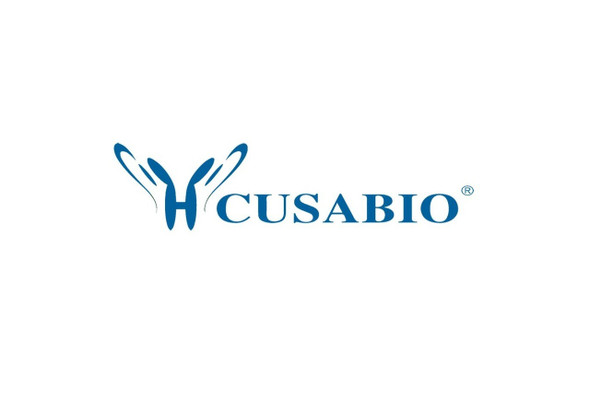Cusabio Polyclonal Antibodies
ACYP1 Antibody | CSB-PA910215
- SKU:
- CSB-PA910215
- Availability:
- 3 to 7 Working Days
Description
ACYP1 Antibody | CSB-PA910215 | Cusabio
ACYP1 Antibody is Available at Gentaur Genprice with the fastest delivery.
Online Order Payment is possible or send quotation to info@gentaur.com.
Product Type: Polyclonal Antibody
Target Names: ACYP1
Aliases: Acylphosphatase 1, erythrocyte (common) type
Background: Acylphosphatase is a small cytosolic enzyme that catalyzes the hydrolysis of the carboxyl-phosphate bond of acylphosphates. Two isoenzymes have been isolated, called muscle acylphosphatase and erythrocyte acylphosphatase, on the basis of their tissue localization. This gene encodes the erythrocyte acylphosphatase isoenzyme. Alternatively spliced transcript variants that encode different proteins were identified through data analysis.
Isotype: IgG
Conjugate: Non-conjugated
Clonality: Polyclonal
Uniport ID: P07311
Host Species: Rabbit
Species Reactivity: Human, Mouse
Immunogen: Fusion protein of human ACYP1
Immunogen Species: Human
Applications: ELISA, WB, IHC
Tested Applications: ELISA, WB, IHC;ELISA:1:1000-1:2000, WB:1:200-1:1000, IHC:1:15-1:50
Purification Method: Antigen affinity purification
Dilution Ratio1: ELISA:1:1000-1:2000
Dilution Ratio2: WB:1:200-1:1000
Dilution Ratio3: IHC:1:15-1:50
Dilution Ratio4:
Dilution Ratio5:
Dilution Ratio6:
Buffer: -20°C, pH7.4 PBS, 0.05% NaN3, 40% Glycerol
Form: Liquid
Storage: Upon receipt, store at -20°C or -80°C. Avoid repeated freeze.
Initial Research Areas: Signal Transduction
Research Areas: Cancer;Metabolism;Signal transduction











